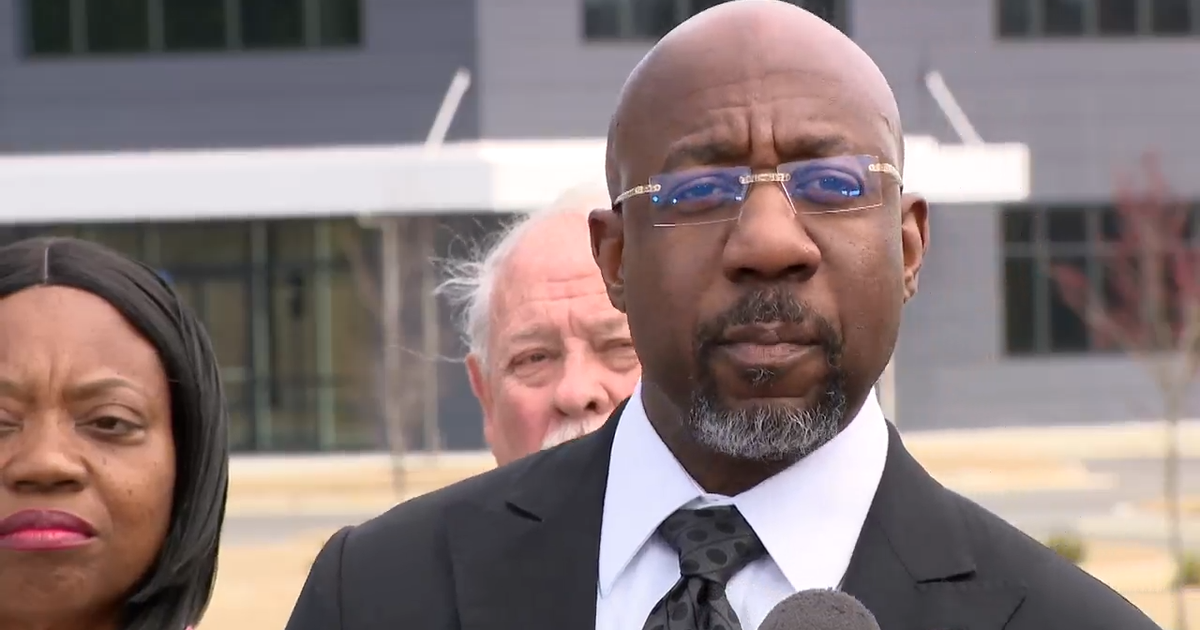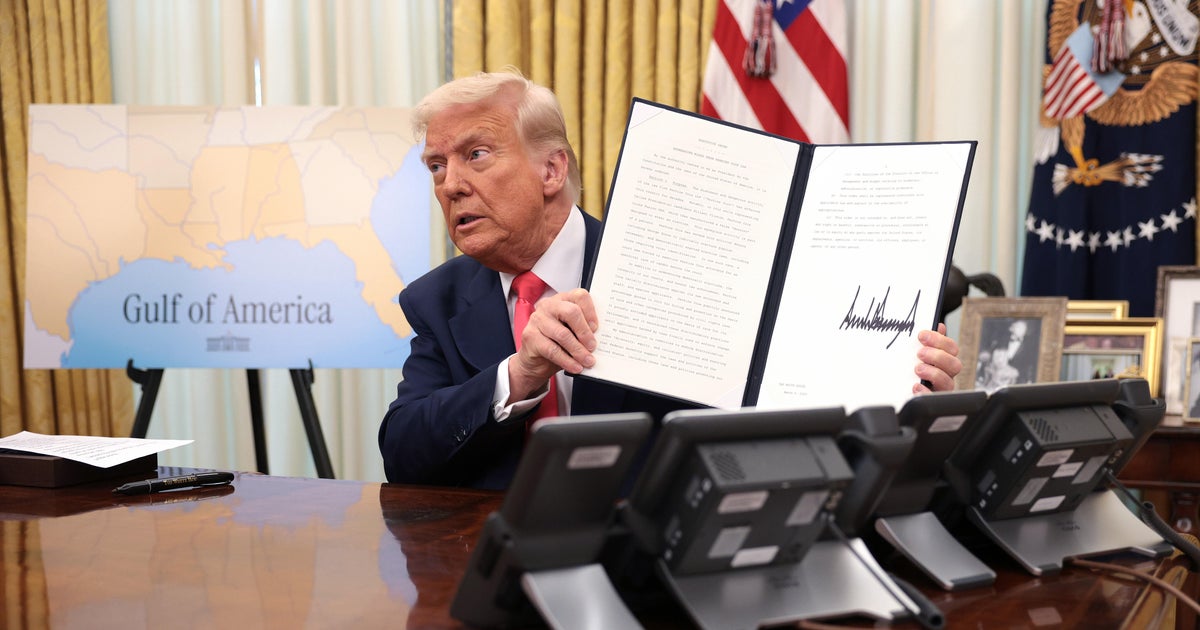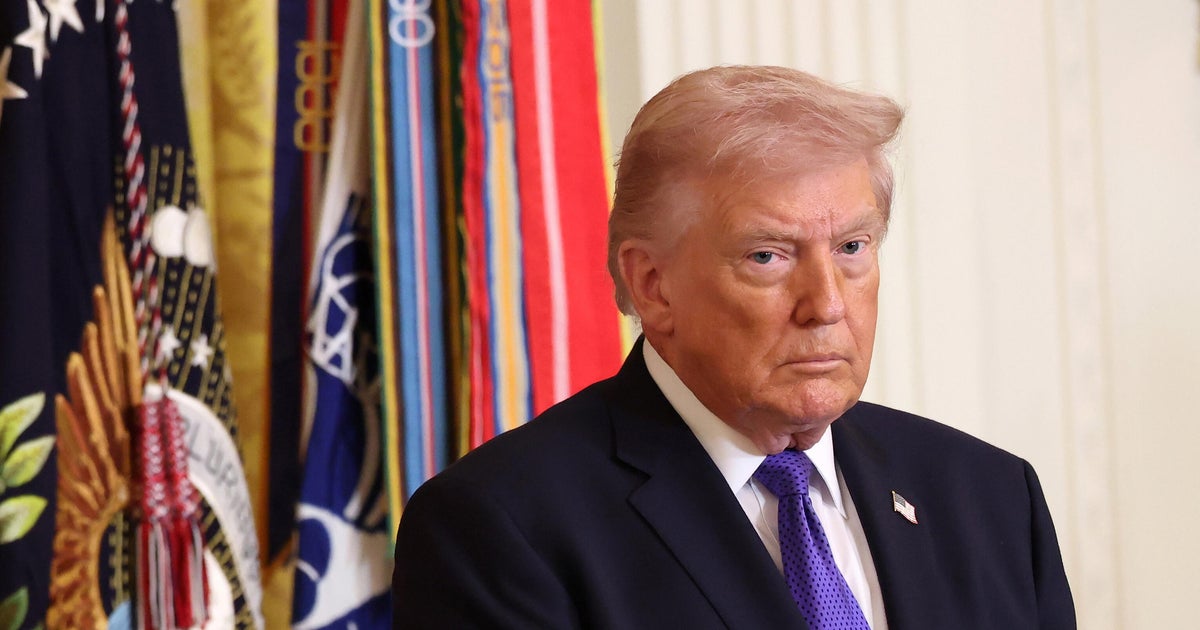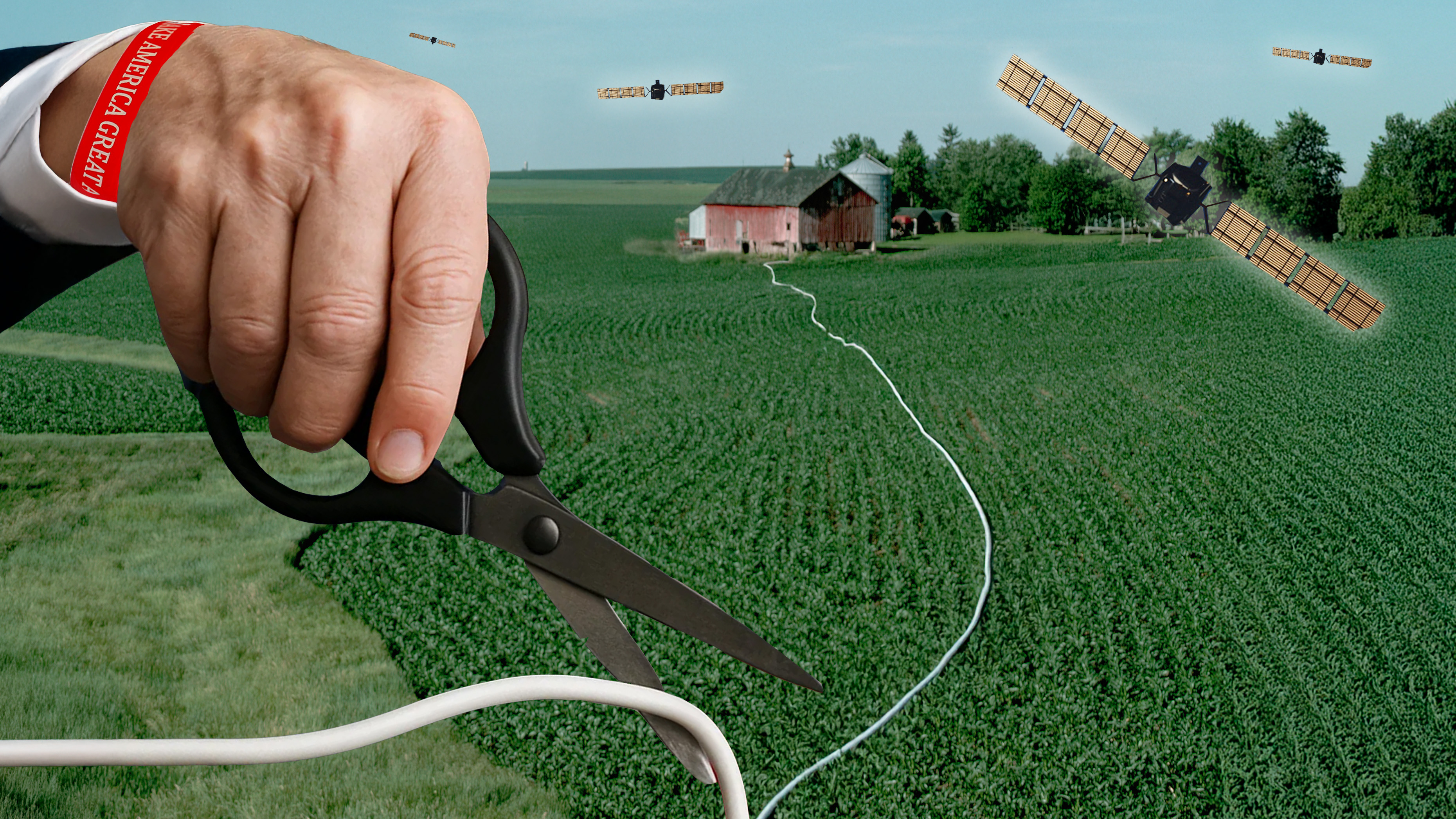Biden unveils $2 trillion climate plan
Joe Biden is boosting his commitment to "a clean energy future" with a $2 trillion clean energy and infrastructure plan, which he says will create "millions" of jobs and move the U.S. closer to a carbon-free future.
His infrastructure plan would spread the $2 trillion cost over four years. It's now substantially more expensive than the clean energy and infrastructure plan Biden proposed last year, which was $1.7 trillion over a 10-year period.
The Biden campaign says the plan would be paid for with a combination of stimulus and increases in the corporate tax rate.
Speaking in Delaware on Tuesday, Biden said his overall recognition of climate change contrasts himself and President Trump. Biden said Mr. Trump sees climate change as a "hoax" when Biden views climate change as "jobs."
The 14-page plan commits to creating one million new jobs in the auto industry, including parts and materials manufacturing for electric vehicles, millions of union jobs to build infrastructure, one million jobs to upgrade four million buildings over four years, additional construction jobs for 1.5 million new sustainable housing units, and 250,000 jobs "plugging abandoned oil and natural gas wells and reclaiming abandoned coal, hardrock, and uranium mines."
There's also a new clean energy goal: Biden is accelerating this commitment to 2035 for a carbon pollution-free power sector, with net-zero emissions throughout the economy by 2050.
To help reach this goal, Biden calls for an overhaul of the American auto industry and would push the country toward more hybrid and electric cars. He proposes giving Americans rebates to trade in gas-guzzling vehicles for newer, more efficient American cars, incentivizing auto companies to retool factories for zero-emission cars, investing in 500,000 electric vehicle charging stations, supporting the development of new battery technology and developing the supply chain for EVs, among other ideas.
The oil industry has been facing decreasing demand for the past five years, and the coronavirus pandemic has exacerbated this. On the topic of fossil fuels, in the past few months, Biden has expressed what seemed to be mixed positions on fracking. Last week in Pennsylvania, he said fracking is "not on the chopping block." But in March, Biden promised there would be "no new fracking." On Tuesday, a Biden campaign official said that his stance on the issue has consistently been "no new fracking on federal lands," which the official said has been Biden's position "from the outset" of his campaign.
At this point, Mr. Trump still leads Biden in some states on the economy, according to the most recent CBS News Battleground Tracker poll.
Biden, the presumptive Democratic presidential nominee, also offered other specific commitments. His plan mentions high-speed rail by 2030, promising a commitment to communities with more than 100,000 residents, but no specific mapping is offered. Biden promises to try to expand 5G networks to reach "every American and create a "Civilian Climate Corps" of scientists to study how communities can address climate change. The plan also offers commitments to improve highways and roads, but like the original infrastructure plan, he does not offer any long-term funding source for the Highway Trust Fund, which is facing going broke.
Detailing an additional six-page environmental justice plan, Biden on Tuesday called upon the United States to be more "mindful" of how energy industries have disproportionately affected communities of color.
One new concrete idea is the establishment of an "Environmental and Climate Justice Division" at the Justice Department that will prosecute anti-pollution cases "to the fullest extent permitted by law and, when needed, seek additional legislation to hold corporate executives personally accountable — including jail time where merited."



